Illinois
Promising Examples
7. Data Infrastructure
7. Data Infrastructure
The Illinois Department of Employment Security, Illinois Student Assistance Commission, Illinois Board of Higher Education, Illinois Community College Board, and Illinois State University have partnered to share workforce, financial aid, and university data for the Illinois “College2Career” resource. The integrated data platform highlights outcome metrics such as average earnings, earnings growth, and job stability for graduates of Illinois institutions of higher education. The program seeks to use these data to help Illinois students make informed education and workforce decisions.
The Dynamic Network Analysis, instituted by the Illinois Health Care Fraud Elimination Task Force, integrates and analyzes Illinois Department of Health and Family Services’ (HFS) Medicaid data – as well as data from Medicare, driver’s licenses, business services, death records, and incarcerations – to find fraud in the state’s health programs. According to the Beeck Center, the system has helped HFS to save, avoid paying, or recoup $94 million in a single fiscal year.
Issue Areas: Education, Health, Workforce
13. Results-Focused Budget Process
13. Results-Focused Budget Process
The Illinois Budgeting for Results (BFR) Commission is the state’s performance-based budgeting initiative. The commission’s annual report summarizes the state’s performance improvement efforts across seven statewide results areas (p. 9): education, economic development, public safety, human services, healthcare, environment and culture, and government services. In 2021, BFR reported that it had transferred The Pew Results First cost-benefit model to the BFR unit to assume day-to-day operation and use. Additionally, BFR, in partnership with the state legislature, effectively repealed Blighted Areas Redevelopment Act of 1947, an outdated, discriminatory mandate housing policy. According to BFR, “the repeal of this Act redresses historical injustices in the use of state eminent domain authorities to remove affordable housing in predominantly African-American neighborhoods without commensurate affordable housing to replace the demolished dwellings.” The Commission also recommended updating program evaluation methods, integrating diversity, equity, and inclusion analysis into the unit’s work in 2022 among other evidence-building activities supported by the Commission.
Issue Areas: Child Welfare, Criminal Justice, Economic Mobility, Education, Equity, Health, Workforce
14. Results-Focused Contracting
14. Results-Focused Contracting
The Illinois Department of Juvenile Justice and Department of Children and Family Services streamlined the support process and expanded clinical and social services for youth who are dually involved in the child welfare and criminal justice systems. The project used a performance-based contract, active contract management, and other tools to focus on streamlining case management, improving coordination between the foster care and juvenile justice systems, and augmenting services by using evidence-based interventions. Early results include reducing the reporting time for the state to share juvenile justice occurrences with child welfare agencies from 90 days to fewer than three days.
